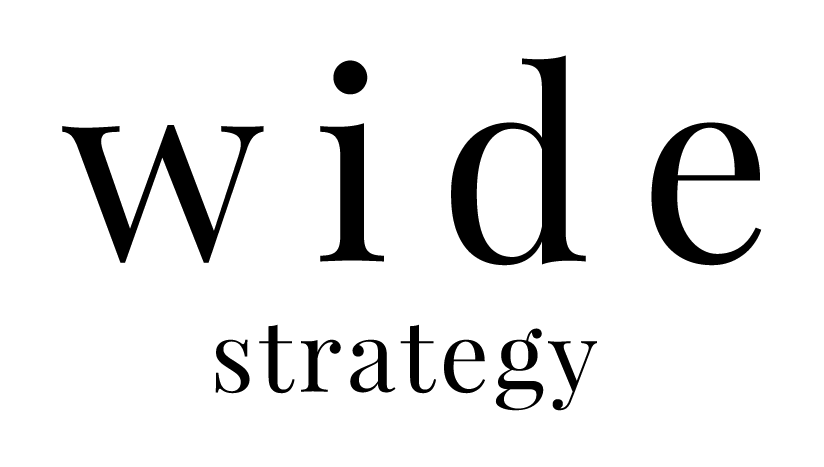Corporate Purpose – Backwards or upwards after the pandemic?
At the beginning of 2020, the year seemed to be marked as a milestone for a new model of purpose-driven leadership.
Major companies such as Amazon, Apple, JP Morgan, L’Oreal, Louis Vuitton – reinstated their purpose, reshaping it into one that addresses the concerns of a much broader pool of stakeholders, not just the shareholders. Their CEOs were very outspoken and eager to make commitments about their responsibilities towards the employees, the communities around them, the environment, fair trade and more. -It was to this broader group of people corporations wanted to be accountable to.
Critics met this trend with scepticism.
As the year ends, it seems that 2020 will be recorded as a year of ‘make or break’ for many big companies to live up to their commitments.
The global pandemic has challenged the new and more inclusive direction of corporate purpose. Corporations are trapped into an unprecedented crisis which severely impacts their operations, their business model, their profits. Everything they do, needs to change -quickly. So corporate purpose -and its consequent commitments, in most cases, have been stepped aside. As an indication, transportation companies failed their customers, as they were unable to cope with the COVID-19 implications; corporates in sectors such as energy, hospitality and finance, failed their employees, as they were unable to counteract the impact of COVID-19 and had to furlough them, fire them or underpay them. Tech companies, overwhelmed by the rise in digital demand, ended up pushing their ‘equality’ or ‘wellbeing’ employee policies down the drain…
Against a backdrop of growing corporate commitments on purpose and a state of global crisis, one wonders: How will corporations emerge after the pandemic, with regards to their corporate purpose? Will they go back to the basics of the legendary Friedman School, according to which profit is the only responsibility a corporation needs to commit to? Will they leap forward, looking into the needs of their employees in this new remote-working environment or, into the newly set priorities of their local community for example? The pandemic is definitely not a simulation test for corporations; it is a reality check on the corporates’ agility to adapt, while remaining faithful to a long-term sustainability-driven approach and on their ability to act rather than talk, when it comes to corporate values and principles.
It is worth looking into the top and bottom ranking companies on the list that was recently published by TCP and KKS advisors in the Report on COVID-19 and Inequality - a report sponsored by the Ford Foundation.
At the end of the day, only time will tell which large corporations are here to stay!
